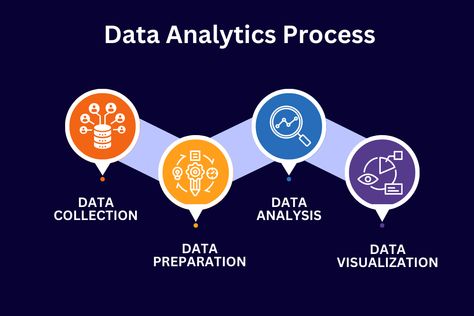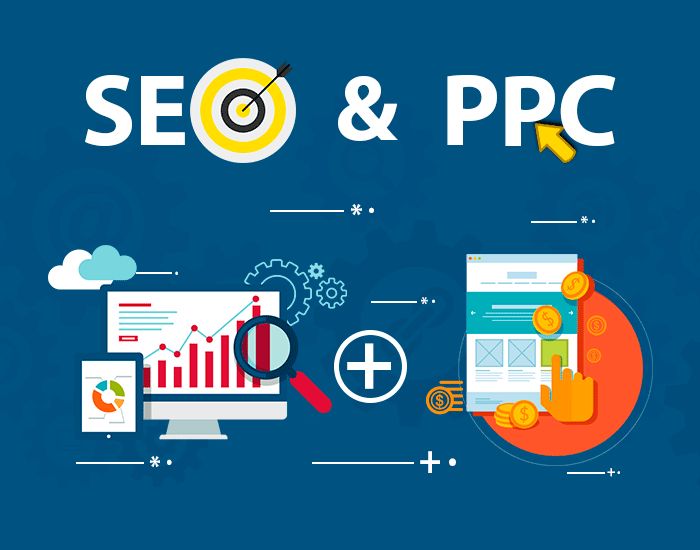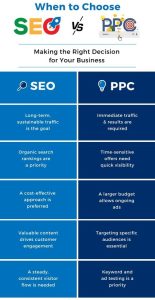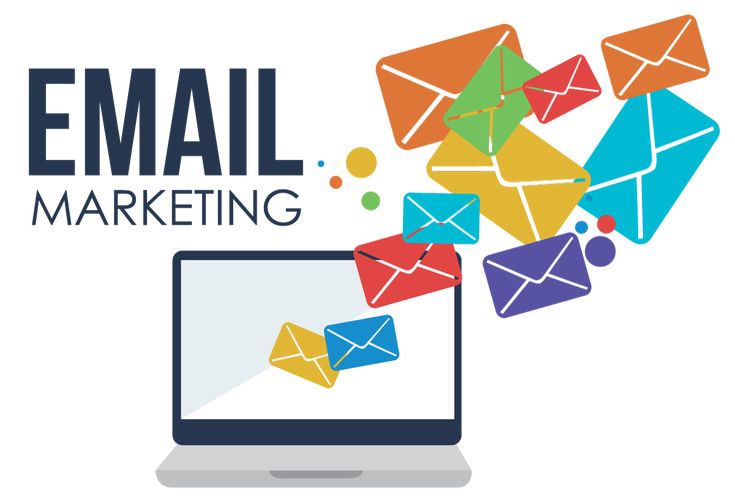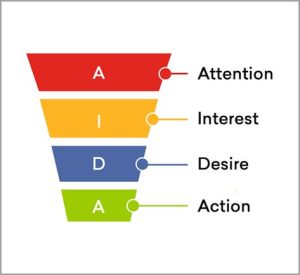The Importance of Data Analytics in Digital Marketing

In today’s digital world, businesses rely heavily on data to make informed decisions. Digital marketing is no different. Data analytics is a powerful tool that enables marketers to track, measure, and improve their marketing efforts. Here’s why data analytics is crucial in digital marketing.
What is Data Analytics in Digital Marketing?
Data analytics in digital marketing involves collecting, analyzing, and interpreting data from various digital channels to improve marketing strategies. The goal is to understand consumer behavior, measure campaign performance, and optimize marketing efforts for better results.
Key Benefits of Data Analytics in Digital Marketing
1. Improved Decision Making
With data analytics, digital marketers can make data-driven decisions. By analyzing customer behavior and campaign performance, businesses can make better choices regarding content, targeting, and budget allocation.
2. Better Understanding of Customer Behavior
Analytics tools help track how customers interact with a brand across different platforms, like websites, social media, and emails. This data allows marketers to gain insights into customer preferences, needs, and behaviors, enabling them to tailor their strategies accordingly.
3. Enhanced ROI (Return on Investment)
Data analytics helps marketers assess the effectiveness of their campaigns by measuring ROI. By analyzing conversion rates, click-through rates (CTR), and other performance metrics, marketers can identify what works and what doesn’t, ensuring resources are spent efficiently.
4. Optimized Marketing Campaigns
Continuous monitoring of campaigns allows marketers to adjust strategies in real-time. With data analytics, you can track live campaigns, make quick adjustments, and optimize for better performance, whether it’s in SEO, social media, or paid ads.
5. Targeting the Right Audience
Through data analysis, marketers can segment their audience based on demographics, interests, and behavior. This helps in creating highly targeted campaigns, ensuring that marketing efforts are directed towards the most relevant and profitable audience.
Popular Data Analytics Tools for Digital Marketers

There are several tools available that help marketers track and analyze data. Some of the most commonly used ones include:
Google Analytics
Google Analytics is one of the most powerful tools for analyzing website traffic, user behavior, and campaign performance. Marketers can use it to track conversions, measure bounce rates, and understand which pages are performing best.
Social Media Analytics Tools (Facebook Insights, Twitter Analytics)
These tools help marketers analyze the performance of their social media posts. With insights into engagement, reach, and audience demographics, marketers can fine-tune their social media strategies.
Email Marketing Analytics (Mailchimp, ConvertKit)
Email marketing platforms offer detailed reports on open rates, click rates, and overall campaign performance, allowing marketers to improve future email strategies
How Gourav Digital Club Helps You Master Data Analytics in Digital Marketing
At Gourav Digital Club, we provide hands-on training in digital marketing, including the importance and application of data analytics. Our courses cover:
Practical Learning
Students get the opportunity to work with real-life data to understand how to analyze customer behavior, track performance, and optimize campaigns for maximum results.
Industry-Standard Tools
We teach students to use industry-standard analytics tools like Google Analytics, Facebook Insights, and more, giving them a competitive edge in the job market.
Expert Mentorship
Our instructors, who are industry experts, guide students in applying data analytics in real-time scenarios, ensuring they understand its practical applications.
Conclusion
In conclusion, data analytics is an essential skill for digital marketers. It enables businesses to make smarter decisions, understand their customers better, and optimize their campaigns for higher returns. If you want to master digital marketing and data analytics, enroll in a course at Gourav Digital Club and get started on your path to becoming a digital marketing expert.
